Take Stock
Not all stockouts are created equal.
They’re so commonplace in low- and middle-income countries, resourceful people just learn to adapt. No bread? Buy rice instead. No milk? Water will have to do. But some stockouts can literally change the course of a person’s life.

Finding a shelf empty of the right contraceptive is the same as finding no contraceptive at all. And because a woman’s ability to plan her family affects the world around her, stockouts ripple through her loved ones, her community, her country. That’s why this issue is more than just a supply chain failure, but a root cause of many other development challenges. People leaving clinics without the contraceptive supplies they need are not just leaving empty-handed. They’re returning to a world that the empty shelf has made less secure.
In response, the Reproductive Health Supplies Coalition launched Take Stock, which mobilizes public health leaders, facilitates the development of a common language we can all use to talk about stockouts, and gathers the commitments needed to spur real action. Joining Take Stock is to become a member of a dedicated team that realizes everyone has a role to play if we are to resolve this problem once and for all.
More than 48 Partners have already joined Take Stock.
Organizations, partnerships, companies and many others are already part of the movement. Are you ready to join us in making stockouts a thing of the past?
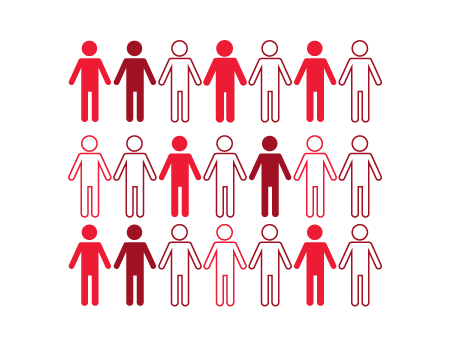

Why should we care about stockouts?
The difficulty of getting supplies to the people who need them, whenever they need them, is at the core of our Coalition’s mission. We all know that this is a problem–we see it in our work, directly and indirectly. As tangible as an empty shelf may be, this campaign is about more than that. The consequences of a woman leaving a clinic empty-handed are real. Stockouts limit the choice of women, disempower health workers and supply chain operators, and distort our view of demand in the market.
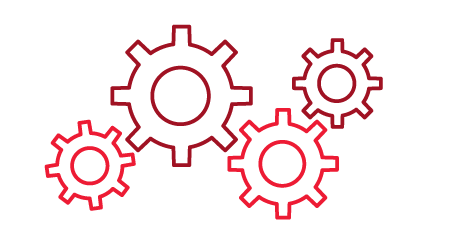
Is anyone doing anything?
Yes, Coalition members and others are doing a great deal on the ground to fight stockouts. Partners such as USAID, UNFPA, the Bill & Melinda Gates Foundation, IntraHealth, John Snow, Inc., and the Governments of Senegal and Rwanda, along with many others, have been fighting stockouts for a considerable time. Take Stock is committed to celebrating and showcasing all our partners’ efforts.
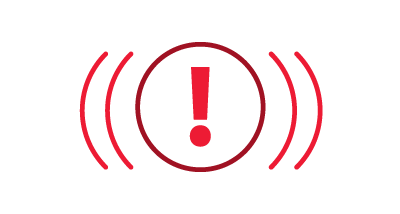
So what is the problem?
Despite the good work, we haven’t succeeded as a community in “speaking the same language”. Until recently, there wasn’t even a universal understanding of what “stockout” means. We cannot compare measurements across agencies, and we cannot track global progress towards reducing stockouts. There is little common data we can use for advocacy; we are speaking past one another.
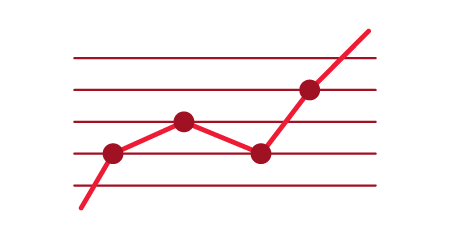
What will Take Stock do?
Make stockouts a thing of the past. How will we do this? Together, we will work to get everyone to speak the same language about stockouts, mobilize public health leaders to take action, and gather the commitments needed to spur real action. In doing so, we will be able not only to have organizations and governments tracking and reporting using a common set of indicators, but also to see those indicators improving significantly over time.
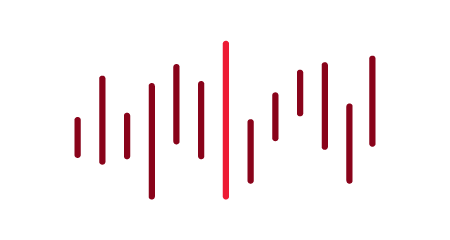
What’s this “Universal Indicator”?
The universal stockout indicator answers the question on how widely available a client’s preferred method is. More precisely, it measures the percentage of facilities stocked out, by family planning method offered, on the day of the assessment. The universal indicator was selected because it is easier for a larger number of country programs to report on and does not require highly mature information systems or complex calculations. It promises to offer the reproductive health community the broadest dataset on stockouts that can be feasibly collected.

What do I do now?
Join the growing group of partners taking a public stand! Commit to adopting the universal indicator. Train staff to collect and analyze stockout data. Advocate for country-level policy changes to overcome supply chain barriers. Encourage other partners to make a commitment. Send us stories about your work against stockouts that we can showcase. Follow us on social media #takestock. Get the word out!
What will success look like?
We’re dreaming big. Without mincing words, Take Stock wants to put an end to stockouts of reproductive health supplies. That means: fewer unwanted pregnancies, fewer unsafe abortions, less maternal mortality, healthier families, and healthier economies. The world over. An empty shelf is everyone’s problem, and everyone has a role to play in resolving it. Will you help make it happen?

Let’s look at Rwanda
In 2004, Rwanda reported stockout rates of 33% for oral contraceptive pills, 21% for injectables, 37% for implants and 61% for male condoms. By 2011, the Rwandan Government and its partners decreased stockout rates to 1% for oral contraceptives, 2% for Injectables, 3% for Implants and 3% for Male Condoms.
If Rwanda were to replicate its success in reducing stockouts today, it would result in:
- 43 maternal deaths averted
- 543 infant deaths averted
- 21,111 induced abortions averted
- 37,570 unintended pregnancies averted
Now imagine the impact we could have on a global level …
Other ways you can help!
Get the badge
Get the badge and embed it on your website to show your support. Just copy the code and paste it into your html page.

Get the logo
Get the logo and embed it on your website to show your support. Just copy the code and paste it into your html page.

Get social
Share the page on Facebook, Twitter, Google+, LinkedIn or any other social channels. Let's spread the word out!